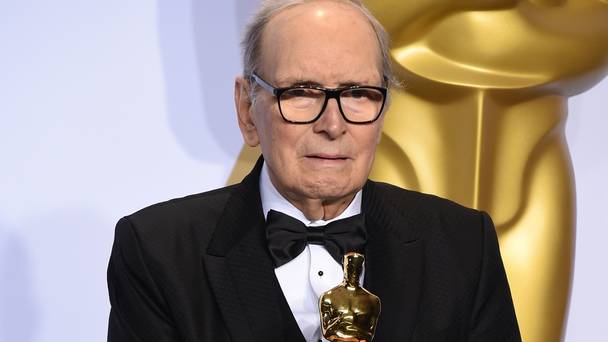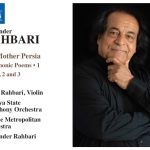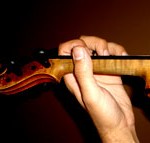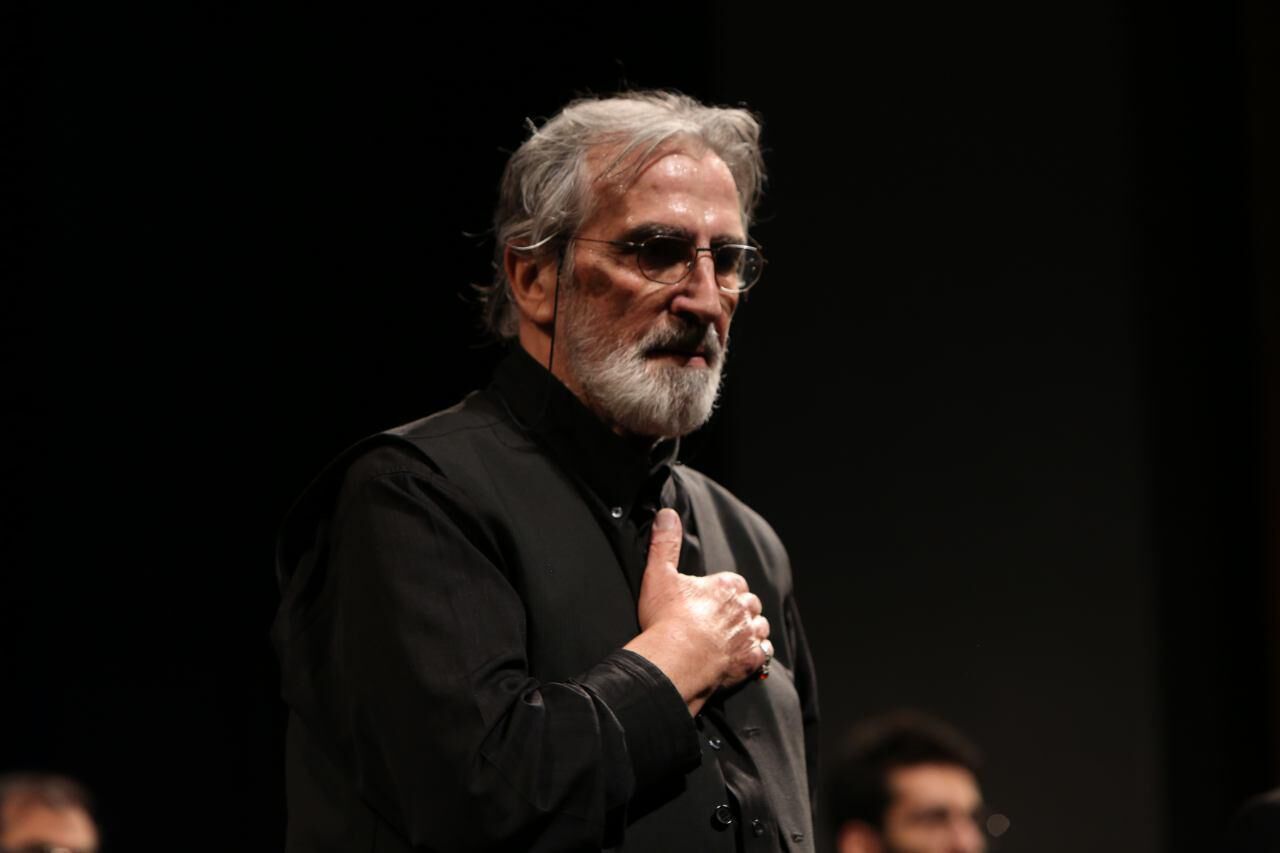
Written by:
Mohammad Hadi Majidi
After watching Quentin Tarantino’s latest movie, The Hateful Eight, everyone was excited by its novel music besides the beautiful scenes of blood and guts.
The Hateful Eight is the first collaboration between the world-famous film music composer, Ennio Morricone, and Quentin Tarantino as a famous director.
The presence of Tarantino who is known by films like The Pulp Fiction and Kill Bill which are characterized by his “nonlinear storylines, satirical subject matter, and his personal aestheticization of violence“. Morricone, as a multi-style composer whose styles have made him one of the most versatile, experimental and influential composers of all time, made this collaboration so attractive.
Tarantino starts working on civil war events of America from his movie “Django Unchained” and The Hateful Eight is his second film on the wild west era and maybe Tarantino chose Morricone as the film composer, because of his wide experience on Spaghetti-western movies.
A composer like Morricone, could rest on his “laurels, and compose scores with those everyday sounds he was first known for“. However, he decided to write a different music in a different style and with different voices. “I’m continuously thinking about music, continuously researching and attentive. I cannot just remain still,” he says. “I don’t want to remain conservative; I want to go ahead and look at the future.”
So that the orchestration of the overture part of the film is so innovative. Morricone combines the real voices of an orchestra with some new electronic techniques as he says, “Quentin Tarantino and his film really deserve a music of their own.”
To create that original score for Tarantino, Morricone largely turns to tools unavailable in 1964, like synthesizers, which drive the tense, gloomy eight-minute overture. (Morricone’s compositions for The Thing, used in The Hateful Eight, were some of his first work with synths in the early 1980s).
The experimenting composer isn’t above technological advances, but he’s quick to warn young composers of the dangers of seductive technology. “Electronic instruments have to be used to justify something that doesn’t exist, not to replace for instance an orchestra,” he says. “If you use the synth just to recreate the sound of an existing musical instrument, it is wrong. But if you use the synth to create a sound that doesn’t exist, that’s a very wise way to use it.”
In this movie, there are lots of scenes in which Morricone has created the feeling of humor among the horrible violent scenes of the movie. One of the best examples or maybe the most memorable part of the movie is the Lincoln’s letter scene in which we observe lots of murders and a flood of blood everywhere, also we know the characters depth of crime, and while the character reading the Lincoln’s letter that is about beauty and glory of patriotism and duty, Morricone wisely match this scene whit a glorious fanfare music in the background that just make us feel funny about the meaning of patriotism and glory.
The director, Tarantino had reused Morricone’s music in several of his other films: Django Unchained, IngloriousBastards, and Kill Bill. But for The Hateful Eight, he knew he wanted an original soundtrack for the first time.
“This material deserved an original score,” explained Tarantino in an interview with Christopher Nolan. “I’ve never thought that way before. I didn’t ever want to trust a composer with the soul of my movie.” But he decided he could trust the man whom he describes as his favorite composer in history.
Morricone urges his listeners to hear The Hateful Eight score apart from his previous work—especially from the enduring legacy of his spaghetti Westerns. “Forget the work that I’ve done in the past for the Italian Western or for the Sergio Leone movies,” he says.
The other attractive point of the film’s music is the songs that Morricone and Tarantino had chosen for the movie. Especially the song “Jim Jones at Botany” Bay that Jennifer Jason Leigh sings with a guitar, is the traditional Australian folk ballad , which dates from the early 19th-century.
The soundtrack of the movie won a Golden Globe and Academy Award for Best Original Score on 28 February 2016.
The opening track, “L’ultima diligenza di Red Rock” (Versione Integrale), was released as a single online on December 15, 2015. In December 2016, it gained a nomination for a Grammy Award for Best Instrumental Composition for Mr. Morricone.









